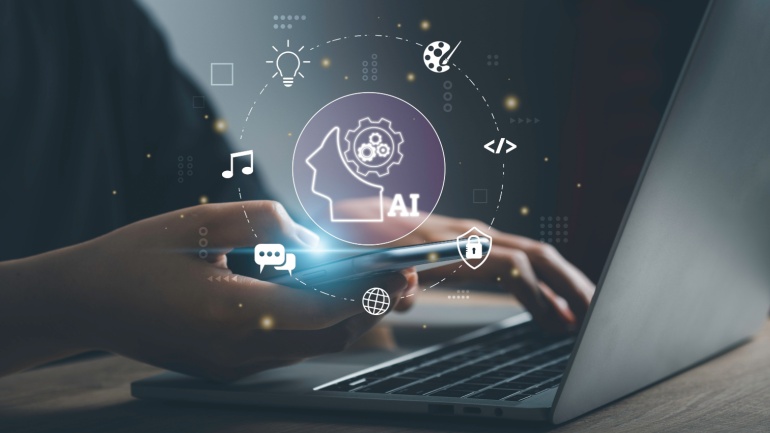Swisscom, known for its seamless integration of Swiss precision and innovation, has taken a leap into the realm of artificial intelligence with the launch of its Swiss AI Platform. This modular platform promises to be a one-stop solution for all AI needs, blending the renowned reliability of Swiss infrastructure with cutting-edge technology from Nvidia.
Tollring, a leading developer of analytics software, has introduced its Analytics 365 AI-Powered Recording to the Microsoft Azure and AppSource marketplaces. This new feature enhances the Analytics 365 portfolio, providing comprehensive recording capabilities for Microsoft Teams. The AI-driven tool offers transcription, keyword detection, topic analysis, sentiment evaluation, and outcome analysis, allowing organizations to gain in-depth insights into customer interactions and behavior patterns.
Vodafone Spain is collaborating with Ericsson to promote the transformative capabilities of private 5G networks for enterprises. The initiative includes a series of conferences across Spain, showcasing the technology’s potential to revolutionize various industrial sectors.
In a significant move towards bolstering AI infrastructure in Asia, Japan’s KDDI and Sharp have initiated discussions with Super Micro Computer Inc. and Datasection to establish the region’s largest AI data centre. The ambitious project will be situated at the soon-to-be-closed Sharp Sakai Plant in Osaka, marking a strategic repurposing of the unprofitable facility slated to shut down in September.
Cisco has unveiled a $1 billion fund dedicated to investing in AI startups, marking a significant move to strengthen its presence in the AI industry. CEO Chuck Robbins made the announcement at the company’s “Cisco Live” event in Las Vegas, emphasizing that the investment, though modest by AI standards, aims to foster innovative solutions and assist businesses in navigating the AI landscape.
A recent survey conducted by Ericsson sheds light on consumers’ perceptions and expectations regarding the role of artificial intelligence (AI) in their lives over the next decade. The survey, based on responses from 6,500 early adopters across 13 global cities, identifies ten key AI trends anticipated for the 2030s.
Tech giant Microsoft is supercharging Sweden’s leap into the future with a hefty $3.2 billion investment. This two-year commitment will focus on expanding the company’s cloud and artificial intelligence (AI) capabilities within the country.
OpenAI has unveiled a deepfake detector specifically designed to identify content generated by its image creator, DALL-E. Initially, this tool will be available to a select group of disinformation researchers for practical testing. In the ever-evolving realm of cybersecurity, technologies like AI-driven deepfake detection, real-time monitoring, and advanced data analytics are reshaping digital security and authenticity. These innovations, often led by startups, are significantly improving the identification of manipulated content, thereby fostering more secure digital environments, according to GlobalData, a prominent data and analytics firm. Vaibhav Gundre, Project Manager for Disruptive Tech at GlobalData, highlighted the growing sophistication of AI-generated deepfakes, which pose substantial risks to individuals, businesses, and society. He noted that advanced detection methods, powered by machine learning, are increasingly effective in identifying and flagging manipulated content. These tools employ techniques such as analyzing biological signals and leveraging powerful algorithms to defend against the misuse of deepfakes for…
The sale of Vodafone Spain to Zegona Communications has been finalized following approval from Spanish regulators. This landmark deal, valued at €5 billion, includes €4.1 billion in cash and €0.9 billion in redeemable preference shares. Initially announced last October, the transaction received regulatory approval earlier this month. Zegona hailed the deal as the “largest ever reverse takeover.”
Global revenue from AI semiconductors is projected to reach $71 billion in 2024, marking a 33% increase from the previous year, according to a recent Gartner report. Gartner also anticipates that AI-equipped PCs will constitute 22% of total PC shipments in 2024. By the end of 2026, all enterprise PC purchases are expected to feature AI capabilities.













